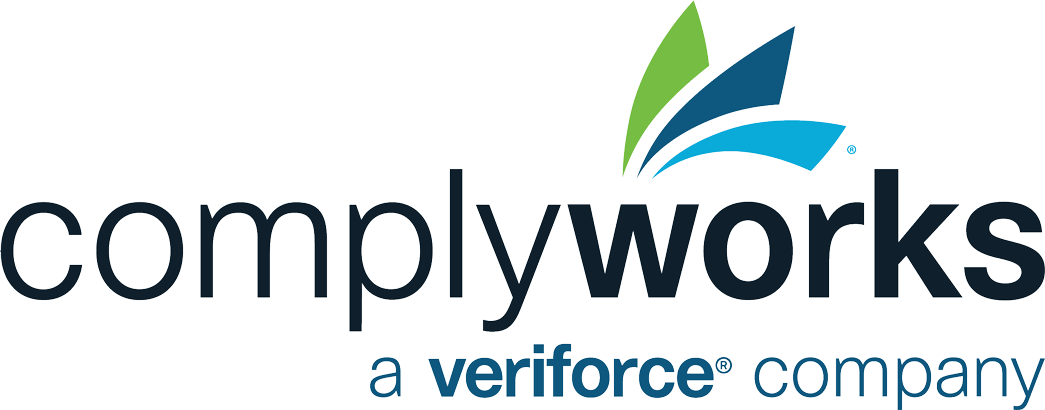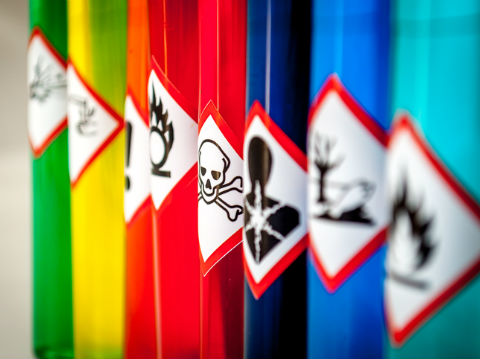
In Canada, medical cannabis has been legal since 1999. But Bill C-45, which will legalize marijuana for recreational use come October 17, 2018, has employers concerned about the implications for occupational health and safety. While substance abuse in the workplace isn’t a new issue, researchers expect legalization to be followed by an increase in usage, leaving many employers (especially those in safety-sensitive industries) wondering what they can do to mitigate risk and comply with legislation.
A recent survey by the Human Resources Professionals Association (HRPA) revealed that nearly half of respondents did not believe their company policy properly addressed cannabis or issues that may arise once it is legalized. Issues such as intoxicated employees operating motor vehicles and heavy machinery, decreased work performance, decreased attendance and the need for new disciplinary procedures were cited as the top concerns for employers. But where do you start to address these challenges?
A recent survey by the Human Resources Professionals Association (HRPA) revealed that nearly half of respondents did not believe their company policy properly addressed cannabis or issues that may arise once it is legalized. Issues such as intoxicated employees operating motor vehicles and heavy machinery, decreased work performance, decreased attendance and the need for new disciplinary procedures were cited as the top concerns for employers. But where do you start to address these challenges?
Safety Policies
Canadian employers are obligated to ensure safety in the workplace—a task which presents many new challenges with legal marijuana in the mix. How do you know when an employee is too impaired to work safely? Is there an on-scene test that can be performed? The first step is to understand the laws. According to the Government of Ontario, just because recreational cannabis is legal, doesn’t mean employees have the right to freely use it in the workplace. However:Aside from prescribed medical cases, consider treating recreational marijuana at work like any other controlled substance, such as alcohol. Employers still have a right to enforce policies against intoxication in the workplace. When crafting your internal policies, rely on government recommendations, regularly review legal developments and update policies accordingly.
Your duty as an employer – medical cannabis
Under government legislation, employers are required to accommodate the disabilities of an employee until the point of undue hardship—meaning, you must be accommodating to an employee’s cannabis prescription until it is no longer safe or feasible for them to properly perform the job at hand. As far as your drug policy goes, this legislation means that you currently should not introduce a zero-tolerance cannabis policy unless you have worked with the human rights commission to claim sobriety as a bona fide occupational requirement. Zero-tolerance policies may be suitable for prohibiting recreational cannabis only.Drug testing
In Canada, roughly 10 percent of worksites have drug testing programs. Drug tests are typically conducted in situations where an employee’s safety is a concern; however, legalization and its subsequent expected increase in usage may cause organizations to reevaluate their testing policies.Employers implementing a drug testing policy should consider that there are three scenarios in which they may test an employee for impairment: during a pre-employment screening, following an incident where there are reasonable grounds for testing, or random testing for jobs that are safety-sensitive. However, the Canadian Union of Public Employees cautions employers from pursuing more aggressive random testing policies as a result of legalization, as it brings workers’ human rights into question.
The most common type of drug test performed is a urinalysis. Unfortunately, urine tests showing the presence of THC (the psychoactive component of cannabis) are no longer sufficient given that the THC metabolite can remain in a person’s system for weeks following usage. It is also possible for people to test positive for THC if they have been exposed to secondhand smoke in a poorly ventilated area.
Until there is a clearer method established for detecting cannabis impairment in unsafe situations, employers should tread lightly, keep track of government recommendations and often revisit their drug testing policies. Stay up-to-date on the legal advancements of cannabis in the workplace by subscribing to ComplyWorks’ news and updates.






